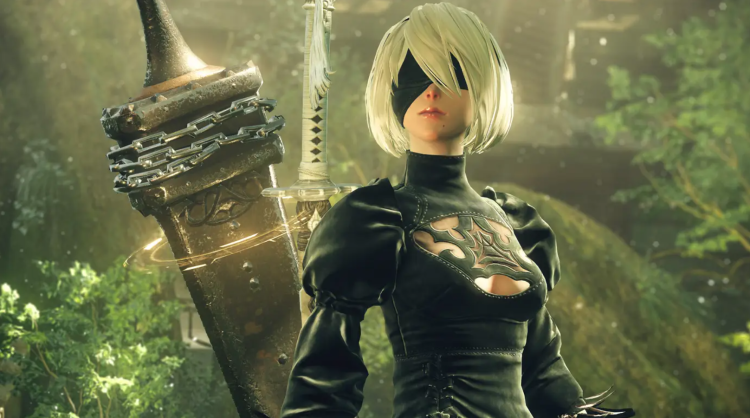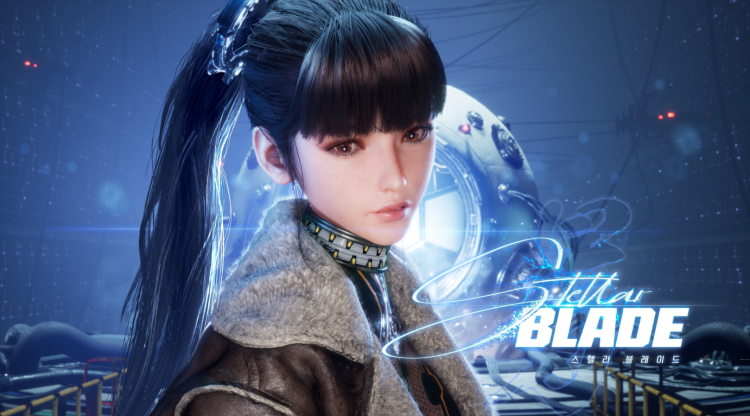NieR: Automata Devs Refute Censorship Rumors
I watched the June 10 crossover stream because I was hyped for Stellar Blade finally landing on PC and curious to see Yoko Taro riff alongside Shift Up boss Kim Hyung‑Tae. What I didn’t expect was the firestorm that followed. Within hours my social feeds filled with furious threads claiming Square Enix had forced the NieR team to tone down 2B’s look for “Western sensibilities.” Every second post sounded convinced that corporate suits were dictating skirt lengths. I dug around, replayed the segment, and felt that familiar whiplash when English subtitles get a nuance wrong.
The rumor really blew up when gaming sites aggregated the mistranslation. I saw people quoting a single line from producer Yosuke Saito, stripped of context, as proof of censorship. It reminded me of the old NieR: Automata butt‑pose discourse back in 2017, only louder because social media is cheaper gasoline now. Personally, I’ve always read the series’ out‑there designs as Taro’s playful anti‑militarist riff on sci‑fi tropes, so the idea that he’d suddenly fold felt off to me.
As reported by Automaton, the Japanese original was way less dramatic: Saito said they “try not to let content become disallowed overseas,” which is shorthand for avoiding ratings headaches, not capitulating to foreign bosses. Automaton underlined that square‑one fact: no outside mandate, no character swaps, just a double negative that didn’t survive the subtitle pipeline.
“It’s a huge mistranslation.”
“I’ve never heard of such a thing happening.”
Seeing the creators step in felt cathartic. I caught Yoko Taro on X basically shrugging off the idea that anyone tells him what stockings 2B can wear. Saito followed up, promising a future stream to explain the snafu in detail, and the temperature of the discourse finally dropped. From my seat, the episode shows again how fragile nuance is when live Japanese gets funneled through fast captions and reposted at algorithm speed.

While initial coverage suggested “Western standards” were strong‑arming the development team, a closer reading of the Japanese remarks and subsequent clarifications establishes the opposite. Saito’s reference to “ethical or moral” considerations aligns with the self‑regulatory approach common inside Japanese publishers, where broad internal guidelines already flag depictions of excessive cruelty, discrimination, or sexualization of minors. Such policies pre‑date globalization initiatives and are largely independent of any regional branch of Square Enix.
Automaton’s full transcript further contextualizes the remark: Saito explains that if content is acceptable in Japan, the team will push to release it unchanged worldwide; the “situation to avoid” is third‑party censorship down the line. The double negative「ダメにしないようにしている」explicitly means “we try not to let it become unacceptable,” but the abbreviated subtitle read as if the studio was ready to edit assets on demand.
Square Enix has historically allowed artistic latitude within NieR. Previous entries featured provocative aesthetics without enforced alteration, and no such policy shift appears in public shareholder materials or CERO filings. Independent reports from GamesRadar and PC Gamer echo Saito’s denial and note the absence of revision directives in certification documents.
The livestream itself occurred to mark Stellar Blade’s Complete Edition release on PC, another title sparking design debates for its sleek costuming. Shift Up’s action adventure hit Steam on 11 June 2025 and topped the global sellers’ chart, pulling over 183,000 concurrent players in its first 24 hours. Sales commentary during the broadcast framed NieR and Stellar Blade as fellow travelers in stylized character design rather than rivals navigating censorship.

Stellar Blade’s reception illustrates the commercial viability of unaltered designs across regions: the PC port retained its original aesthetic, offered 25 new outfits, and even broadened language support with Chinese and Japanese lip‑sync. That atmosphere of creative freedom lends further weight to Saito’s assertion that publishers aim to ship globally consistent builds instead of segment‑specific edits.
Ultimately, the episode underscores two interlocking challenges. First, real‑time translation in public streams demands specialized linguistic expertise; a single mis‑rendered double negative cascaded into worldwide misunderstanding. Second, social media’s incentive structure rewards outrage, accelerating any mis‑caption into a perceived corporate scandal. The resulting noise can overshadow the developers’ longstanding record of unconventional artistry, from NieR’s gothic‑lolita androids to Stellar Blade’s neon‑infused post‑apocalypse.
For fans, the creators’ intervention restores confidence that NieR’s next outing will remain as unorthodox as its predecessors. For the industry, the case serves as a reminder that live multilingual events require robust localization workflows—and that clear, prompt communication is essential when errors slip through. With Saito preparing a follow‑up stream and Yoko Taro already drafting new character concepts that “won’t overlap with anything else,” the franchise appears positioned to continue setting its own rules rather than following imposed ones.

Comments